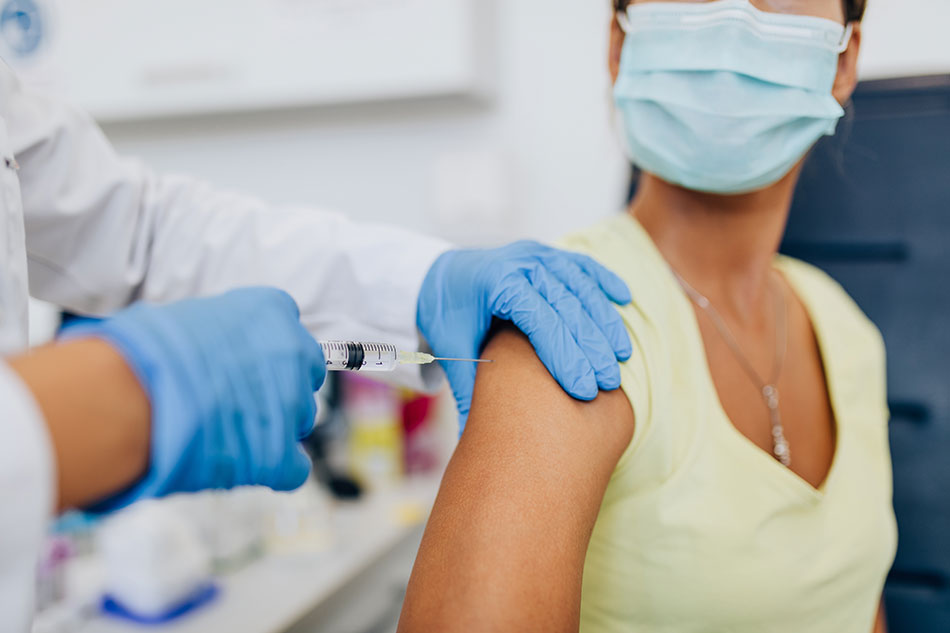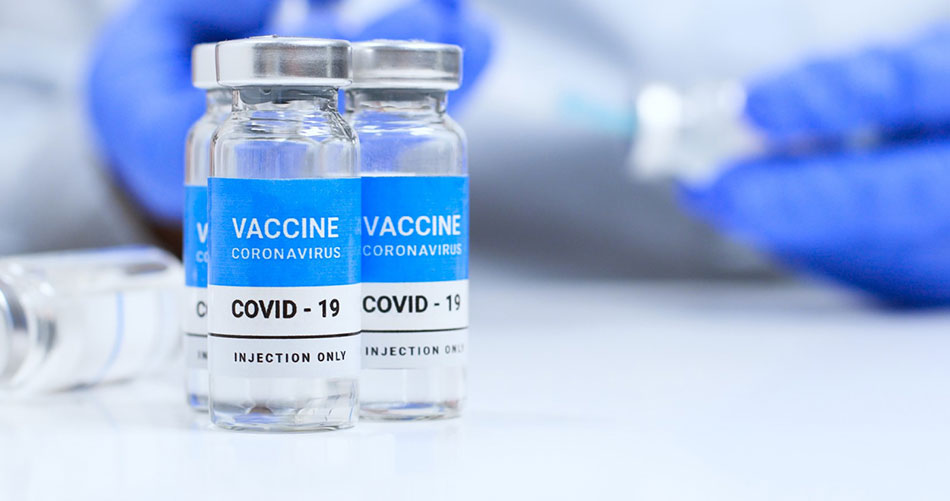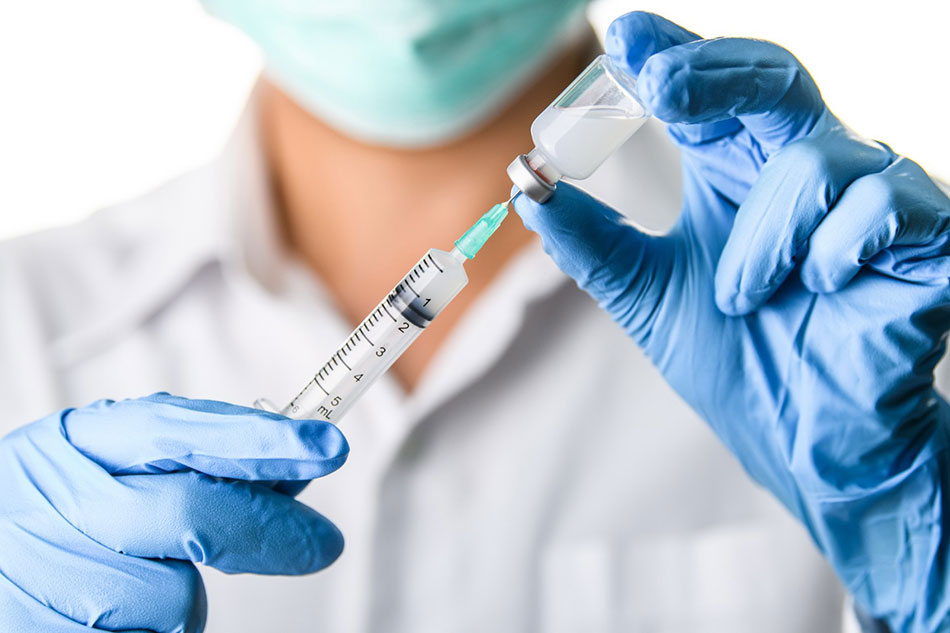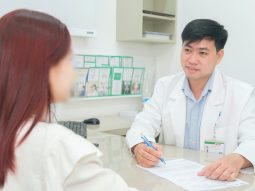People with cancer – especially those undergoing treatment – are at high risk for Covid-19 complications. So, don’t wait to get vaccinated. Now’s the time to . . . ‘Take your shot!’
- Don’t wait to get the Covid-19 vaccine. Get your shots now.
- Most patients receiving chemotherapy, targeted therapy, immunotherapy, or radiation should get vaccinated as soon as they can.
- Except … people receiving a stem cell transplant or CAR T-cell therapy should wait at least 3 months after treatment to get vaccinated.
- People who have cancer and those being treated should get a 3rd shot as soon as 4 weeks after their 2nd dose*.
- Ask caregivers, family, and close contacts to get vaccinated, too.
- Keep wearing a mask and avoid crowds, even after getting vaccinated. Be sure your close contacts and caregivers do, too.
Many people with cancer have weakened immune systems. People with weakened immune systems are more vulnerable to Covid-19.
An expert panel of doctors from the US National Comprehensive Cancer Network® (NCCN®) recommends that people with cancer receive any of these 3 vaccines, Pfizer/BioNTech, Moderna and Johnson & Johnson, as soon as possible, rather than waiting for a particular vaccine.
These 3 vaccines are safe in the general population. Researchers are currently investigating how safe and effective these vaccines are in people with cancer.
People with cancer have a higher risk of getting seriously ill, being hospitalized, and dying from Covid-19. This is why it’s so important that people with cancer get vaccinated against the virus.
In the general population, people who are vaccinated are less likely to become sick with Covid-19. Also, vaccinated people who do get Covid-19 are much less likely to become seriously ill.
However, many people with cancer have a higher risk of serious Covid-19 illness because they’re immunocompromised. Being immunocompromised means that the body’s immune system is less able to fight illness and infection – including the virus that causes Covid-19. Immunosuppression stems from the cancer itself or as a side effect of cancer treatment. Some cancer survivors remain immunosuppressed after completing therapy. Many people with cancer are also at higher risk of serious Covid-19 illness due to other factors, like older age and pre-existing lung or heart disease.
Early data suggest that a 3rd dose of the vaccine* provides a significant boost to the immune system in people who are immunocompromised.

*Pfizer/BioNTech or Moderna vaccines only.
SHOULD I GET VACCINATED IF I HAVE CANCER?
YES. All people with cancer should get the Covid-19 vaccine. NCCN® experts recommend that people with cancer get their Covid-19 shots as soon as possible.
Those living in the same household as a person with cancer should be vaccinated as soon as they can, too. Any caregiver or other close contact of a person with cancer should get vaccinated as well. Make sure to speak up and ask others to ‘take their shot.’

CAN I STOP WEARING A MASK AFTER GETTING VACCINATED?
NO. Keep wearing your mask. Many people with cancer have a harder time fighting infections and may not respond as well to vaccines. Early data suggest that immunization may not work as strongly in people with cancer as it does in the general population.
So, people with cancer should get vaccinated and continue to follow the recommendations to prevent Covid-19. Caregivers, family, and close contacts should get vaccinated and follow the recommendations, too. These include wearing a mask, maintaining social distance, washing your hands, avoiding crowds, minimizing travel, and taking any other preventive measures.
SHOULD PEOPLE WITH CANCER WAIT TO GET THE COVID-19 VACCINE?
No. Most people with cancer should get the vaccines as soon as they can – with a few exceptions, NCCN® experts say.
People in the process of receiving the following therapies should wait at least 3 months after they finish therapy to get vaccinated:
- Stem cell transplant, either allogeneic or autologous stem cell transplant. People getting a stem cell transplant should delay vaccination;
- Cellular therapy, such as CAR T-cell therapy or NK cell therapy. People who receive cellular therapy have a much less effective immune system for weeks or even months after this therapy.
People with cancer who undergo major surgery should wait from a few days to up to 2 weeks to get vaccinated. This short gap helps doctors know whether any symptoms that occur are due to the surgery or to the vaccine. Ask your doctor when it’s safe for you to receive the vaccine after surgery.
People with certain forms of acute leukaemia should wait a few weeks after receiving initial cancer treatment to get vaccinated. Their impaired immune systems need time to recover so that the vaccine can be effective.
Imaging, such as a PET scan or an MRI, is another consideration. Imaging specialists have learned that Covid-19 vaccines, like other vaccines, may cause swollen lymph nodes. This can affect mammogram results. So, imaging should be delayed by 4 to 6 weeks after vaccination as long as the delay won’t cause any harm.
We’re still learning how different cancer therapies affect the immune responses to Covid vaccines. Most people with cancer will have an immune response to vaccination, but it may not be as strong or last as long as the immune response in people with normal immune systems. Still, experts emphasize that people receiving chemotherapy should get vaccinated whenever possible.
People receiving other treatments – like immunotherapy or radiation—should also get vaccinated whenever they can.
DO I NEED TO GET A 3RD SHOT?
YES, if you have active cancer or if you’re immunocompromised. The US Centers for Disease Control and Prevention (CDC) recommends a 3rd dose of either the Pfizer/BioNTech or Moderna vaccine for people who are immunocompromised. (Currently, this recommendation doesn’t include the 1-shot Janssen/Johnson & Johnson vaccine.)
For your 3rd dose, try to get the same vaccine you received for your first 2 doses. Wait at least 4 weeks after getting your 2nd dose before getting your 3rd.
NCCN® experts recommend a 3rd dose for patients with cancer, especially for:
- People who received cancer therapy within 1 year of their 1st dose of the Covid-19 vaccine;
- People with newly diagnosed or recurrent cancer who will receive cancer therapy;
- People with hematologic cancers (e.g. chronic lymphocytic leukaemia, multiple myeloma, myelodysplastic syndrome, or chronic myeloproliferative neoplasms) whether they’re receiving cancer therapy or not;
- People who’ve had stem cell transplant or other cellular therapy (e.g. CAR T cells);
- People with cancer and other conditions that suppress the immune system (e.g. HIV infection or taking steroids or other drugs that impair the immune system).

HOW DO I KNOW IF I’M IMMUNOCOMPROMISED?
According to the CDC, you should get a 3rd dose of the vaccine* if you:
- Are being treated for tumours or blood cancer, or have received cancer treatment in the past year;
- Had an organ or stem cell transplant, or take medicine to suppress your immune system for another condition;
- Have an immunodeficiency condition or an advanced or untreated HIV infection;
- Take high-dose corticosteroids or other drugs that suppress your immune response;
- Had Covid-19 infection after receiving 2 vaccine doses.
* Pfizer/BioNTech or Moderna vaccines only.

 Vi
Vi 












